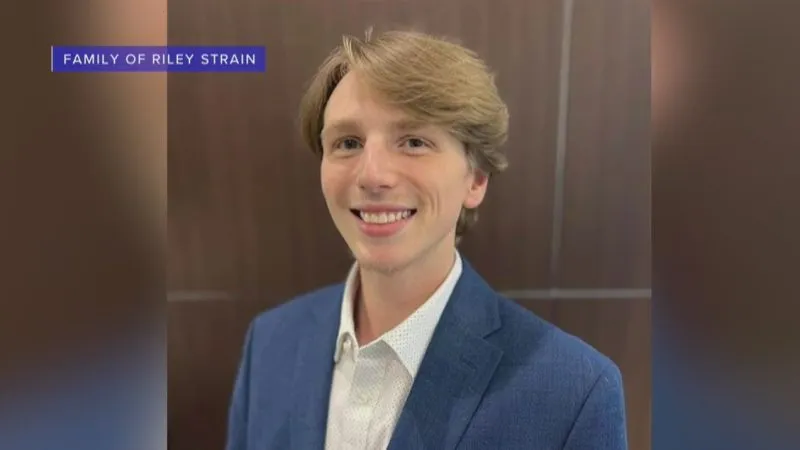By NEVA WARREN
Former UT student Ramon Berrios has had massive success in the business world. In the summer of 2015, he attended an event called “Next Gen Summit,” during which he attended a panel of Forbes’ 30 Under 30. This experience changed his life, he said.
After that, he created his first retail business, an event venue in Puerto Rico, which he gave to his mother as a gift. He then started his own software business, which helps companies grow their Instagram accounts (and which works with prominent names like Four Seasons Hotels and Hard Rock Hotels). Now, he is currently creating his second software company, a communication company. Berrios succeeded in doing all this without a college degree and with a learning disorder.
Berrios was diagnosed with attention deficit/hyperactivity disorder (ADHD) in third grade. ADHD affects the parts of the brain controlling attention, concentration, impulsivity, activity levels and memory.
“ADHD is something I need to manage running a software company and launching two other businesses at the same time,” Berrios said. “ADHD has also helped me a lot on a social level, which has made me develop a unique networking skill. This has helped me build a very powerful network and be fearless when it comes to negotiations.”
After years of struggling with the medication that stunted his growth, he decided to go off it. When he started at The University of Tampa as a marketing major in 2010, he discovered that college was difficult for a student with ADHD.
“I have a very short attention span, so paying attention in class was very difficult,” Berrios said. “I had a block with classes that were related to numbers and those classes were a real emotional struggle for me.”
For Berrios, coming to college helped him learn to cope with his disorder as much as possible without medication. He said beginning college is when his life really turned for the best.
“With college, I started to see things differently,” Berrios said. “I became mature enough to control myself in a classroom without a pill.”
Berrios decided to use self-help literature to help his ADHD, which he says has worked for him, although it doesn’t work for everyone.
After going to college and studying marketing for six years, the classroom experience proved too difficult for him, so Berrios dropped out in his final semester at UT in 2014.
“The fact that I couldn’t pass accounting, statistics and finance are what made me drop out of college in my senior year,” Berrios said. “That’s when I decided to make the leap and design my own future.”
Berrios’s main goal now is helping other students with ADHD overcome the challenges imposed by social norms. He does public speaking and encourages students with ADHD to focus less on the degree and more on the education.
“If there is a topic in which you’re interested and your school doesn’t offer it, don’t abandon it,” Berrios said. “There is no such thing as too much knowledge.”
Berrios has used this philosophy to fuel his public speaking appearances. He says that learning to cope with his ADHD has helped him on his road to success.
“I often used self help books, YouTube videos, and business podcasts in my commute,” Berrios said on his methods of coping. “This was all derived from meditation and learning to fall in love with the process rather than the outcome.”
Mark Citron, a friend of Berrios, graduated from UT in 2015 with a communication major and business minor. “Ray and I were really close until he left [UT],” Citron said of Berrios. Citron also struggles with ADHD. He uses some of the same coping methods as Berrios, like meditation, but unlike Berrios, Citron also takes medication.
“Medication. My goodness. I could go on all day about it,” Citron said. “I need it. Can’t live without it.”
Citron also accepted the extended test taking time offered by disability services. He took a very different approach to managing his ADHD, and acknowledges that every person is unique and medication was a good fit for himself but wrong for Berrios.
“I couldn’t study unless I was an a isolated area away from the library,” Citron said of the difficulties caused by his disorder. “Too much distraction would reel me off track.”
Despite the setbacks that ADHD has caused him, Berrios is thankful for it.
“I can’t imagine my life without ADHD,” Berrios said. “And I wouldn’t want it any other way.”
Neva Warren can be reached at neva.warren@spartans.ut.edu.




